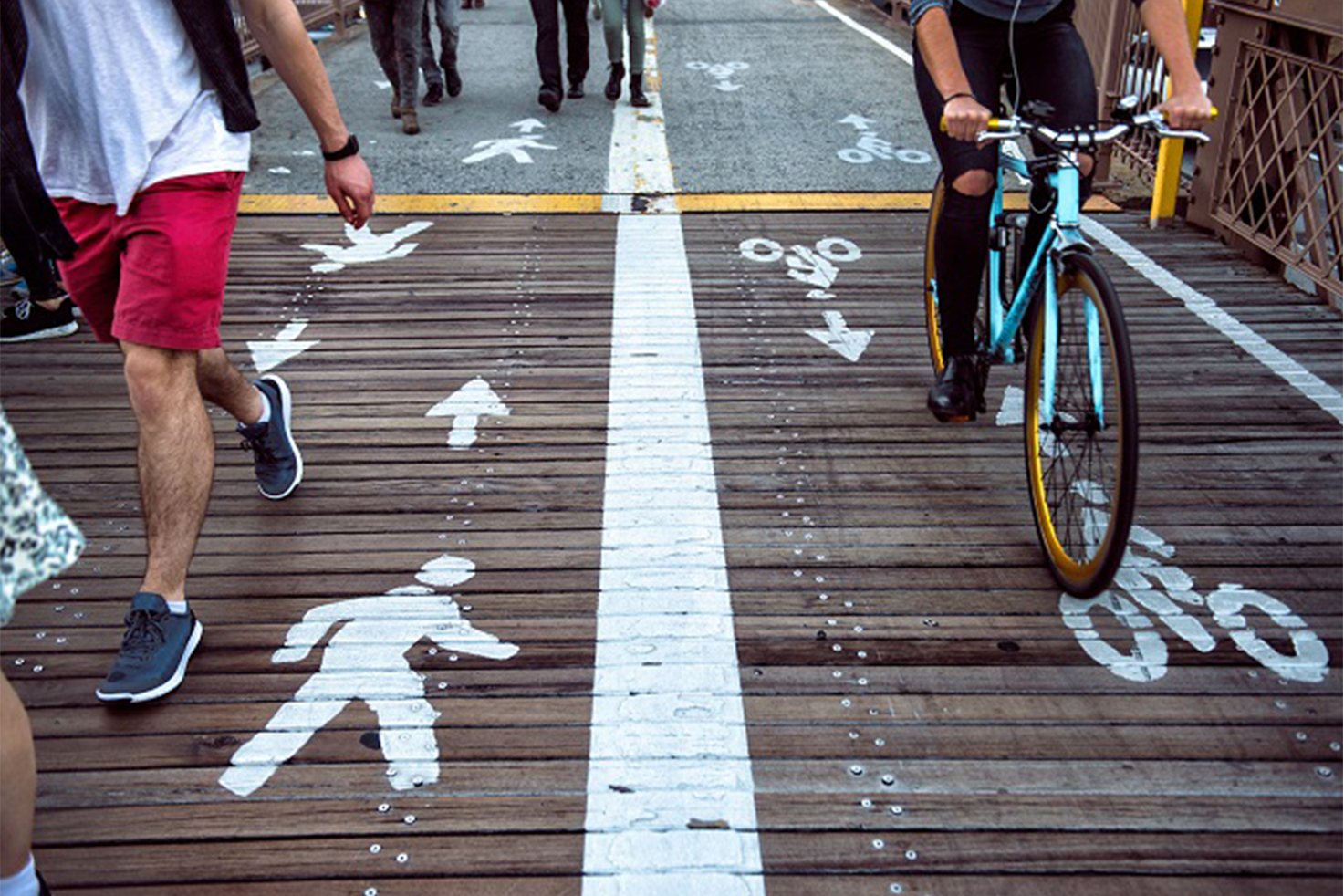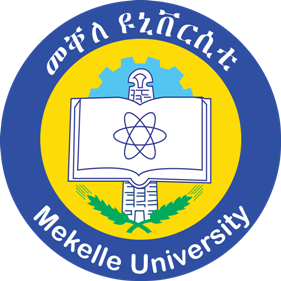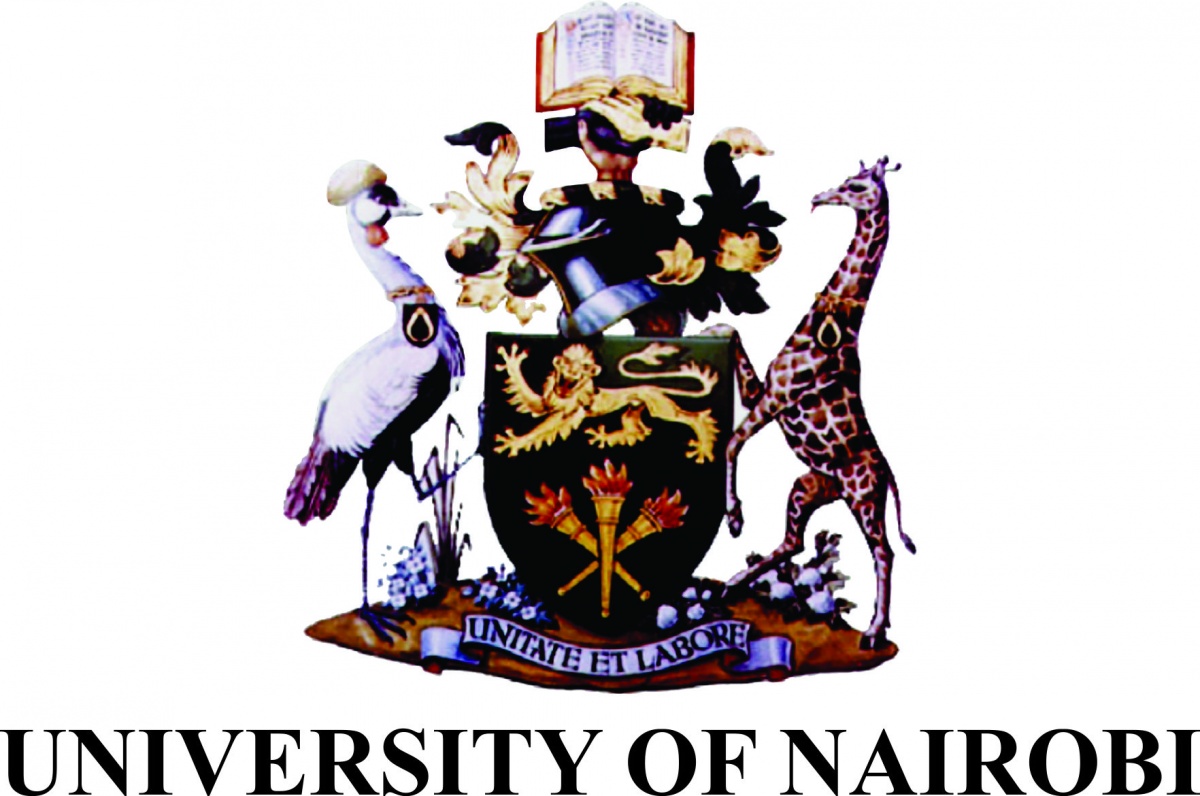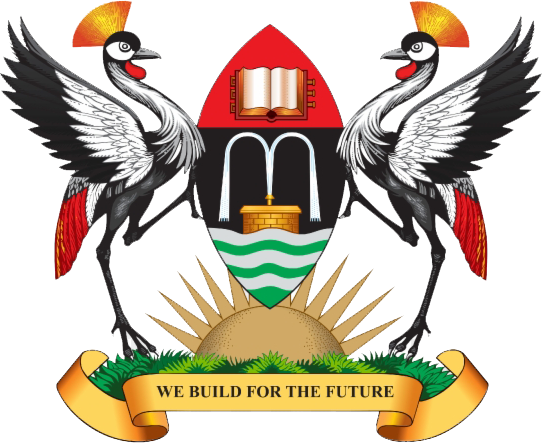
CAMA
Collaboration for Active Mobility in Africa
Partnerships established with sub-Saharan African countries for sustainable mobility solutions.
Background
In the past, walking and cycling as active forms of mobility were often neglected in research and planning in sub-Saharan Africa. Only in recent years have national and local authorities, as well as international organizations, begun to devote more attention to the issue.
Efforts are underway to develop strategies and infrastructure for walking and cycling in major cities in sub-Saharan Africa. However, these new infrastructure projects are minimal in scope. They have design inadequacies that make them unusable or unattractive. In addition, they are not wide enough to meet pedestrian standards, and they are located in places that are not relevant for most of the people who need to access them.
To further promote active mobility in sub-Saharan Africa by building on existing activities, combined efforts of applied research and education are needed to better understand the requirements of walking and cycling in the African context. The promotion of active forms of mobility can build utilize applied research activities in sub-Saharan Africa as well as transferable research activities in Germany.
Overall goal of the project
The objective of the project is to promote the exchange of knowledge between Sub-Saharan Africa and Germany on how to encourage active mobility. The German partners can build on extensive experience in promoting walking and cycling in Germany as well as internationally. In addition, they provide a set of innovative tools and research methods (e.g. learning alliances and living labs) that can support applied research and teaching on active mobility. The partners from Sub-Saharan Africa have extensive experience with local challenges and solutions to promote active mobility. Combined, both competencies form the key to further improving the promotion of walking and cycling in cities in Sub-Saharan Africa. The collaborative project also aims to combine the academic objectives of better understanding the needs of pedestrians and cyclists and developing strategies to promote active mobility in sub-Saharan Africa with the educational objectives for post-graduate education, training and capacity building to promote walking and cycling. Research and education are merged via the learning alliances, which conduct real-world experiments to test innovative solutions to promote active mobility and to provide opportunities for both innovative informal and formal learning opportunities. The blend of applied research, educational program, and knowledge exchange between partners in Germany and sub-Saharan Africa will help achieve the consortium's overarching goal: to change perceptions in favor of active mobility as well as the transition to more walking and cycling, and thus to have more livable and sustainable cities in sub-Saharan Africa.
Approach
Survey of walking and cycling behavior
The participating cities in Sub-Saharan Africa - Kampala (Uganda), Nairobi (Kenya) and Mekelle (Ethiopia) - still lack comparable data on walking and cycling. Therefore, a survey will be designed in close collaboration with local partners, building on previous data and surveys, to capture all relevant aspects. The survey will then be thoroughly pre-tested to identify and correct any potential errors or glitches. Data collection will be supported and complemented by new digital mapping technologies.
Digital crowd mapping of walking and cycling infrastructure
So far, the promotion of active mobility in sub-Saharan Africa has often been based on the premise of "What do experts think users need?”. In order to further develop active mobility, we need an understanding of "what users really require". Therefore, the goal is to map and assess the existing infrastructure for pedestrians and cyclists in Kampala, Nairobi, and Mekelle from a user-centered perspective. In addition, in these cities there is a need to collect data relating to the indicators on pedestrians and cyclists provided by the International Transport Forum (ITF). Pedestrians and cyclists in Sub-Saharan Africa face numerous challenges, such as lack of representation or the missing user perspective. New digital tools are made available to improve participation by the community. These tools visualize pedestrians and cyclists. This gives them the opportunity to voice their needs and contribute to the discussion without it being perceived as criticism.
Learning alliances and real-life experiments to promote walking and cycling
Learning alliances are an approach of applied research in which stakeholders both from inside and outside of the academic world conduct joint research and initiate transformation processes. In this project, learning alliances will be developed to promote walking and cycling in Kampala, Nairobi and Mekelle. They bring together local and German researchers, community representatives (as well as peers from German municipalities - Karlsruhe and Offenburg), decision-makers, and experts. Learning alliances aim to both initiate and support transformation processes towards active mobility, to yield generalizable knowledge about the transformation to active mobility, and to enable learning by practitioners in a protected setting. Learning alliances produce new system knowledge (e.g. about demands that pedestrian and cyclist make on infrastructure), target knowledge (what is required to make active mobility more attractive), and transformation knowledge (how to achieve the necessary change towards active mobility). To promote the educational goal of learning alliances, the real-world experiments will be complemented by formal learning opportunities such as expert workshops, student projects, policy briefing workshops, and public events.
Bachelor’s or Master’s thesis
Do you want to write your thesis in an exciting and internationally important field of research? Do you want your work not just to sit in a desk drawer, but to really make a difference? Simply contact us, because within our CAMA project we always offer you great new topics for your thesis.
Project website
Project duration
June 2021 to May 2025
Project partners
University of Kassel, Germany

Mekelle University, Ethiopia

University of Nairobi, Kenya

Makerere University, Uganda
